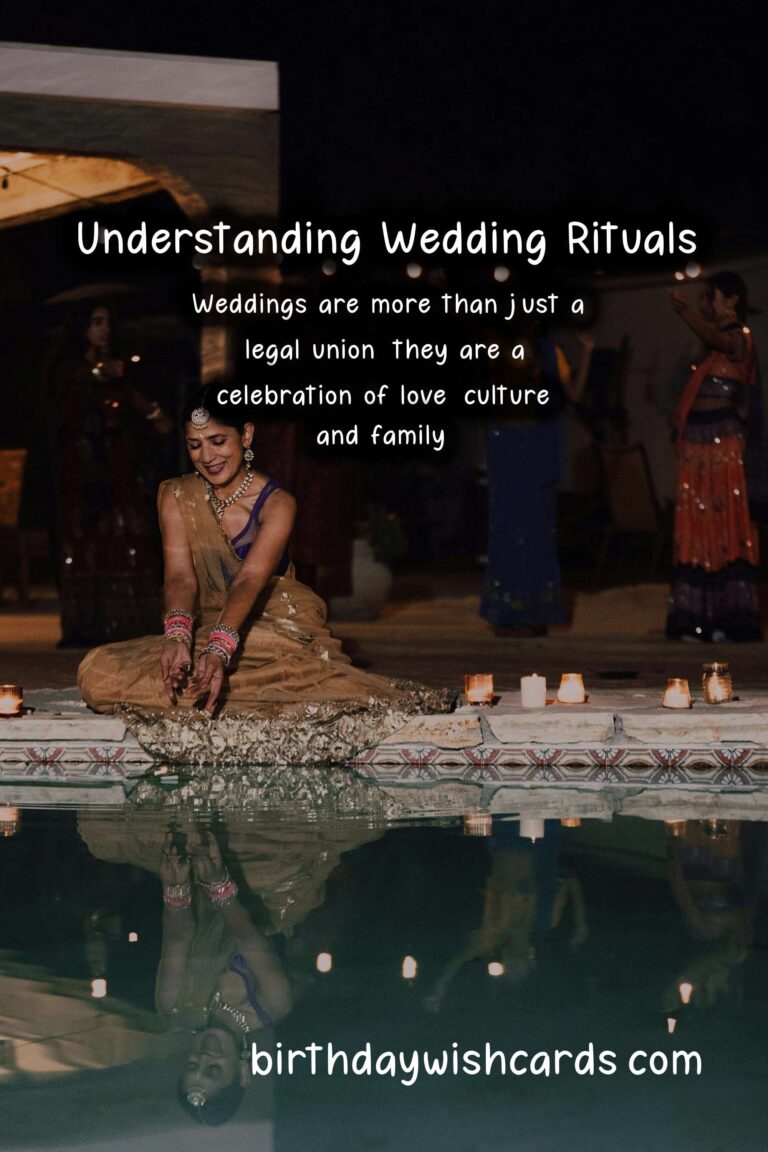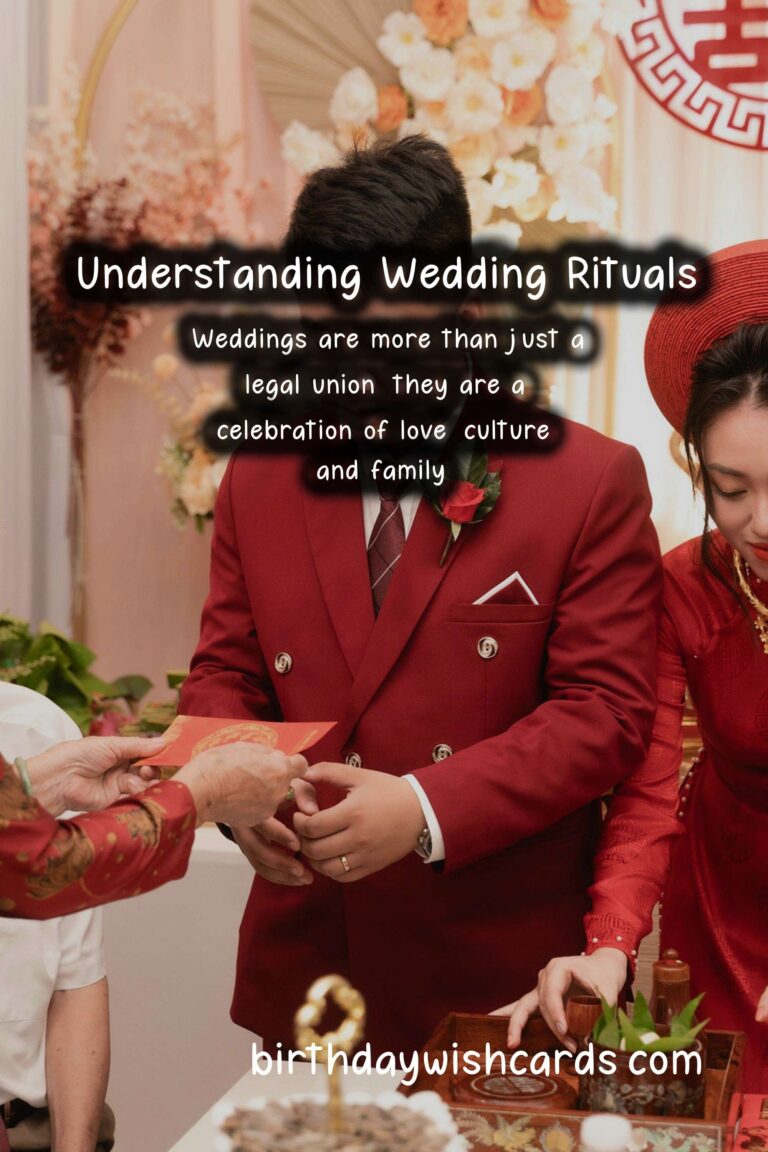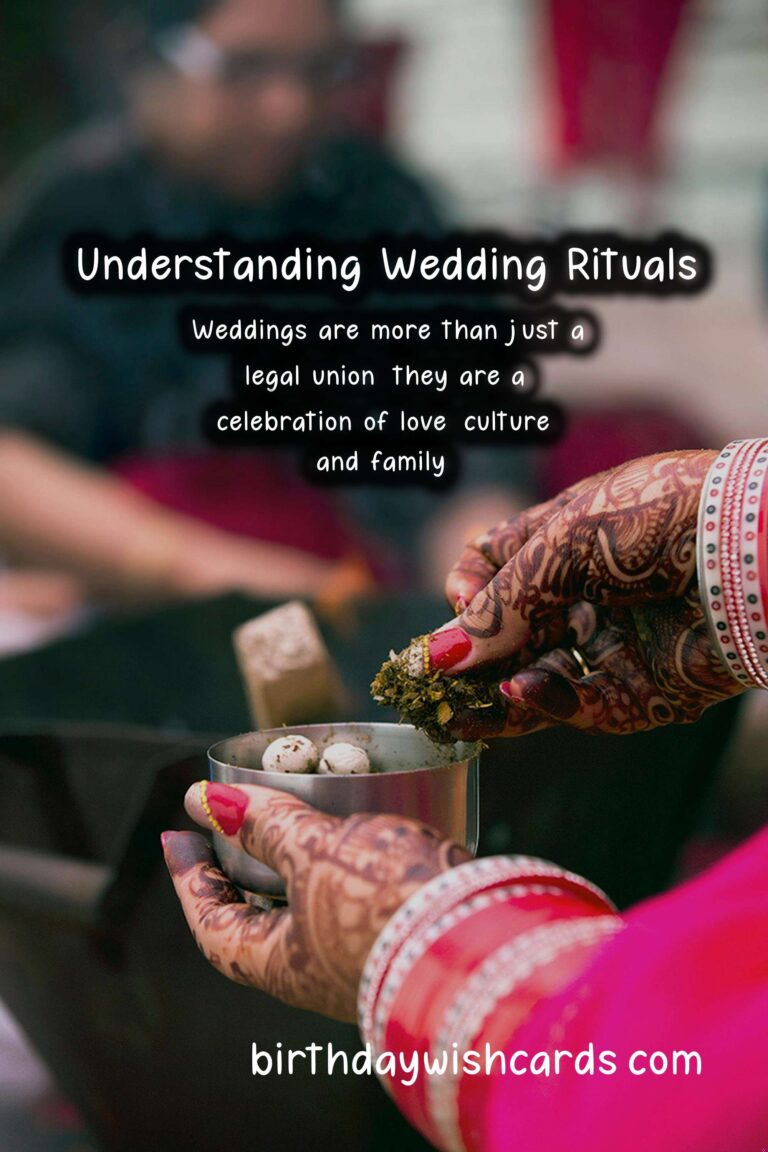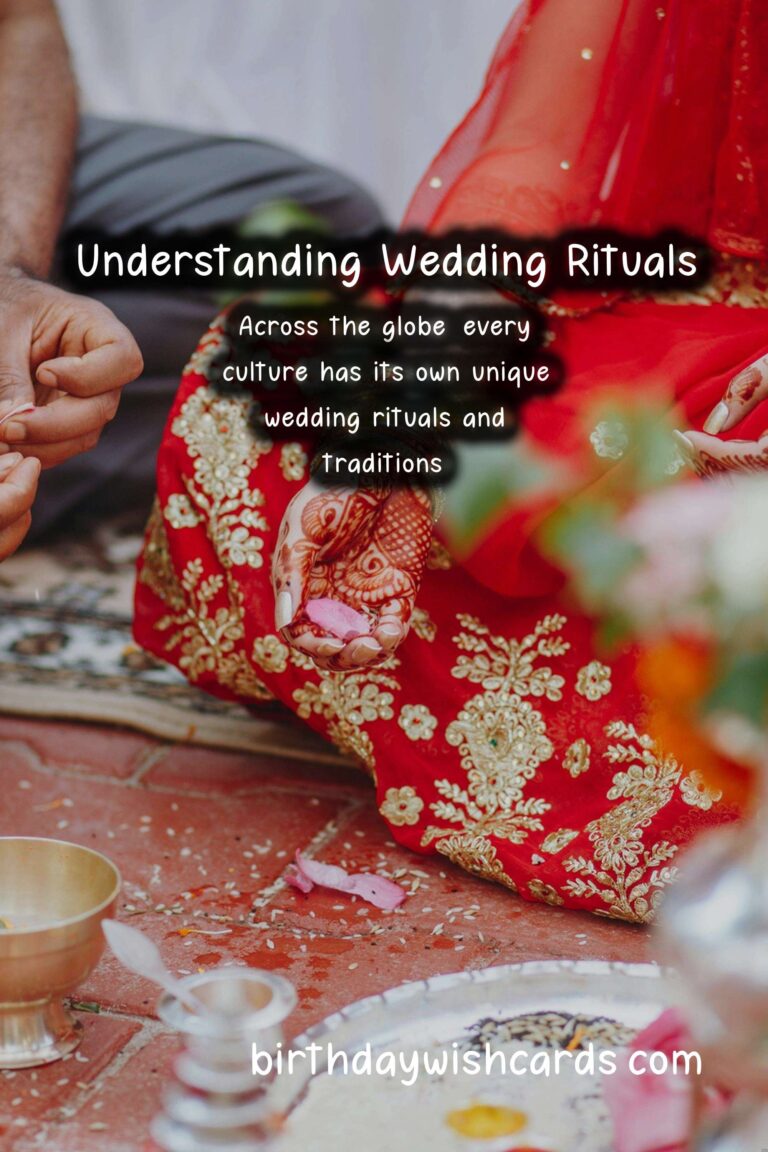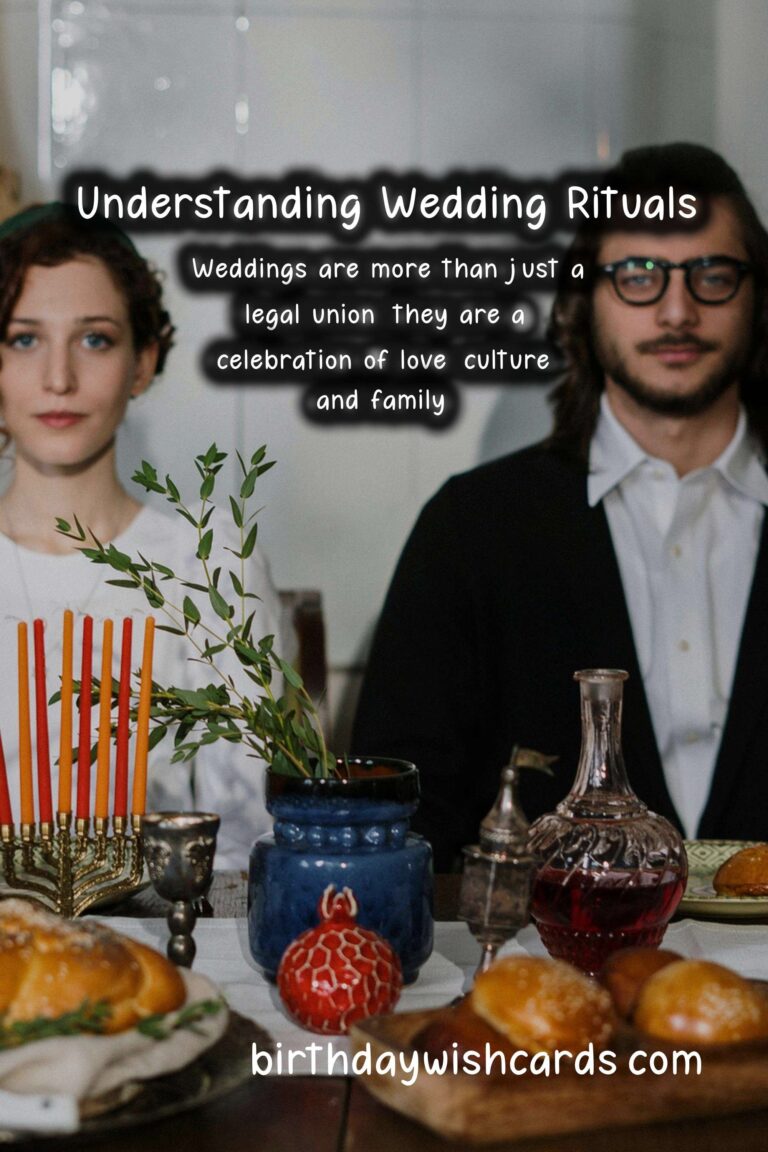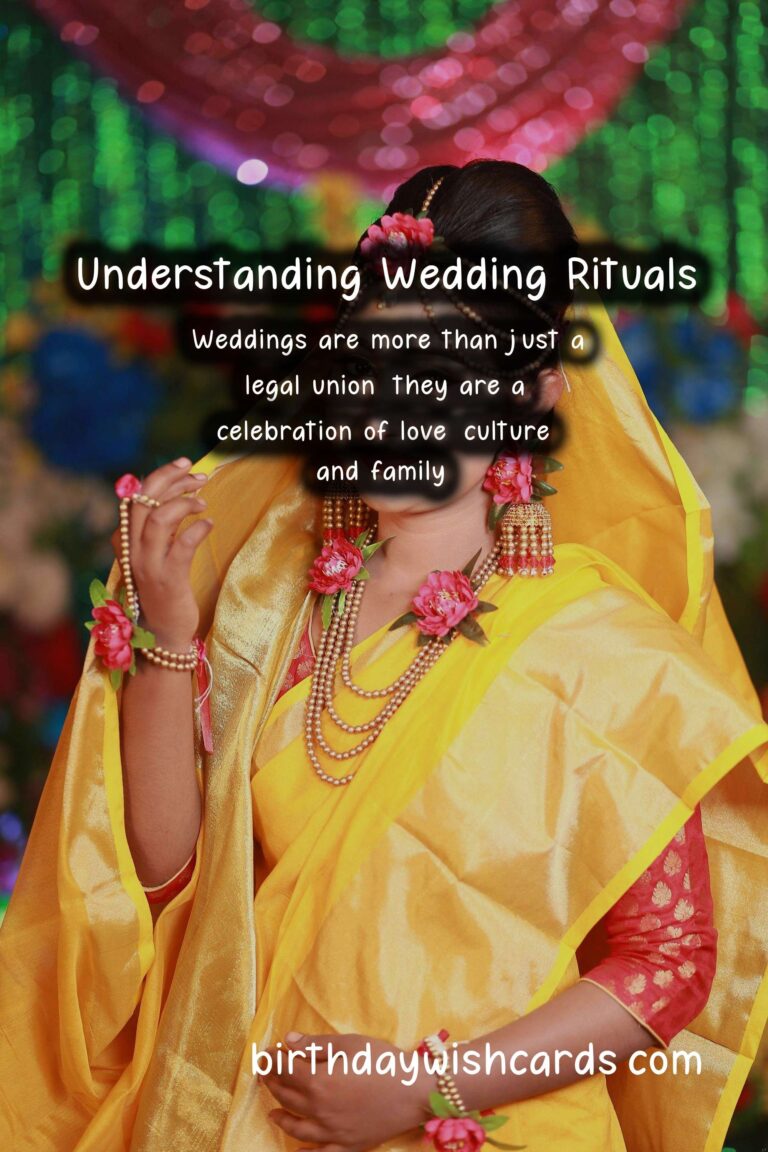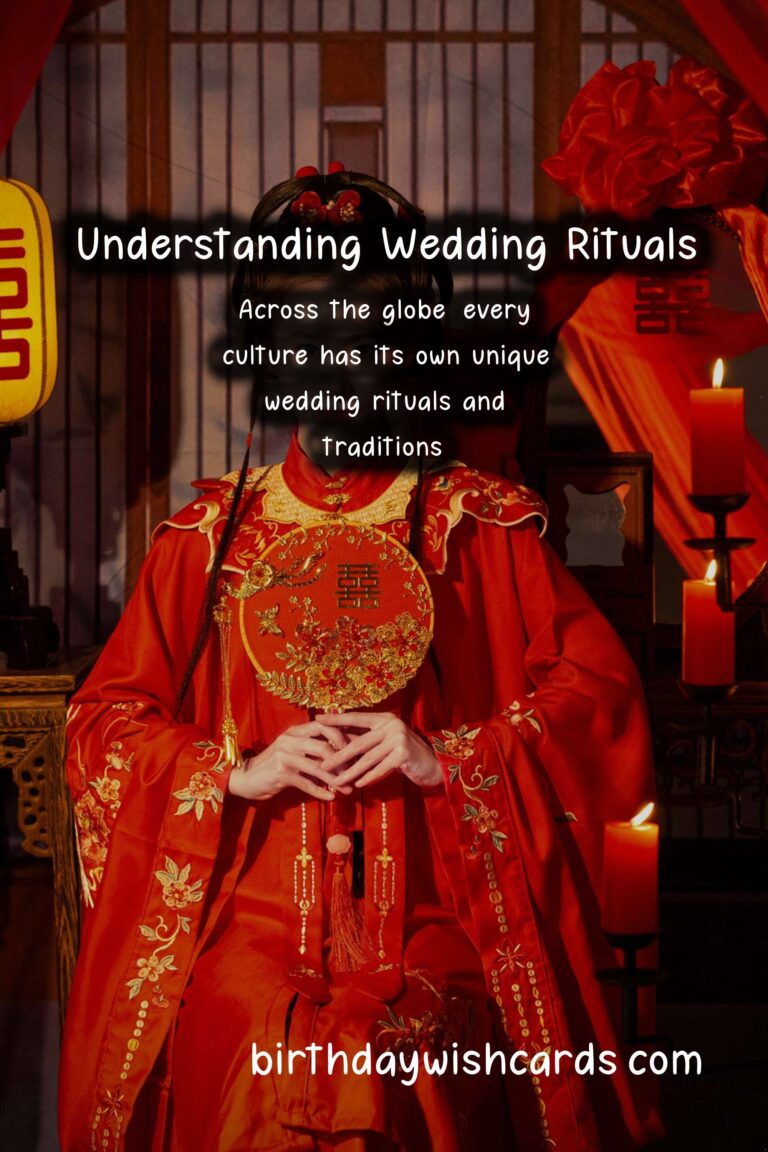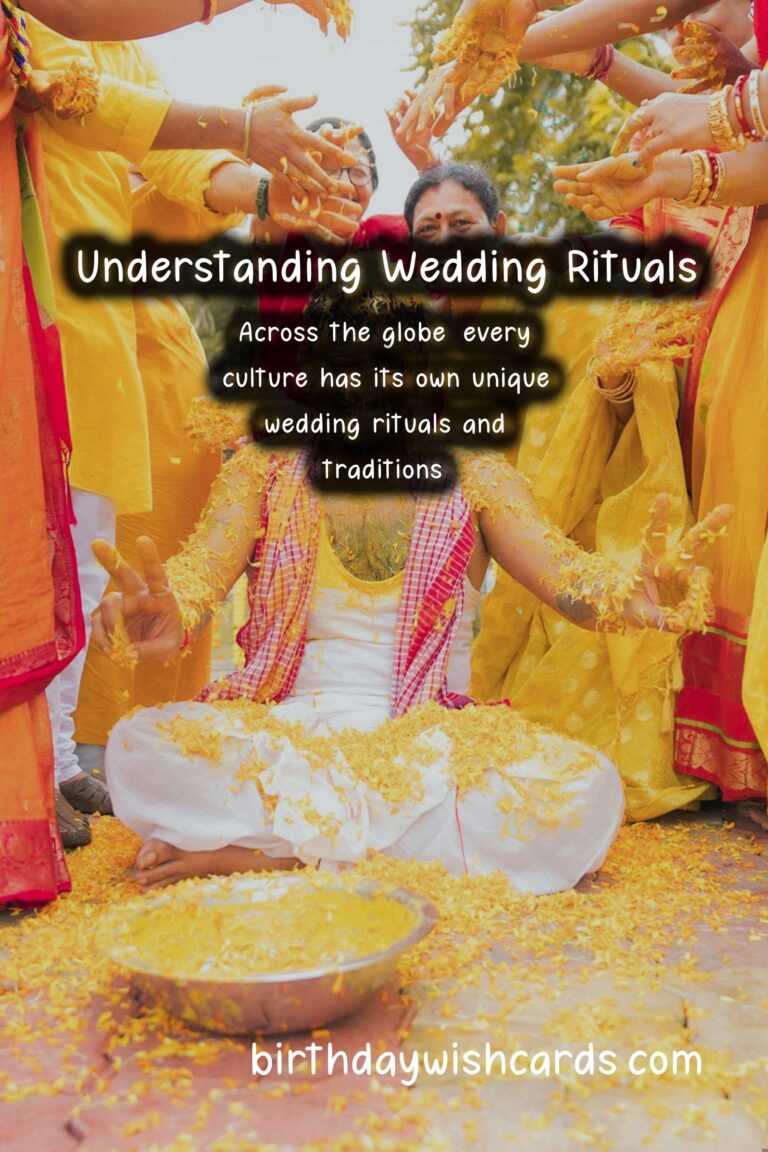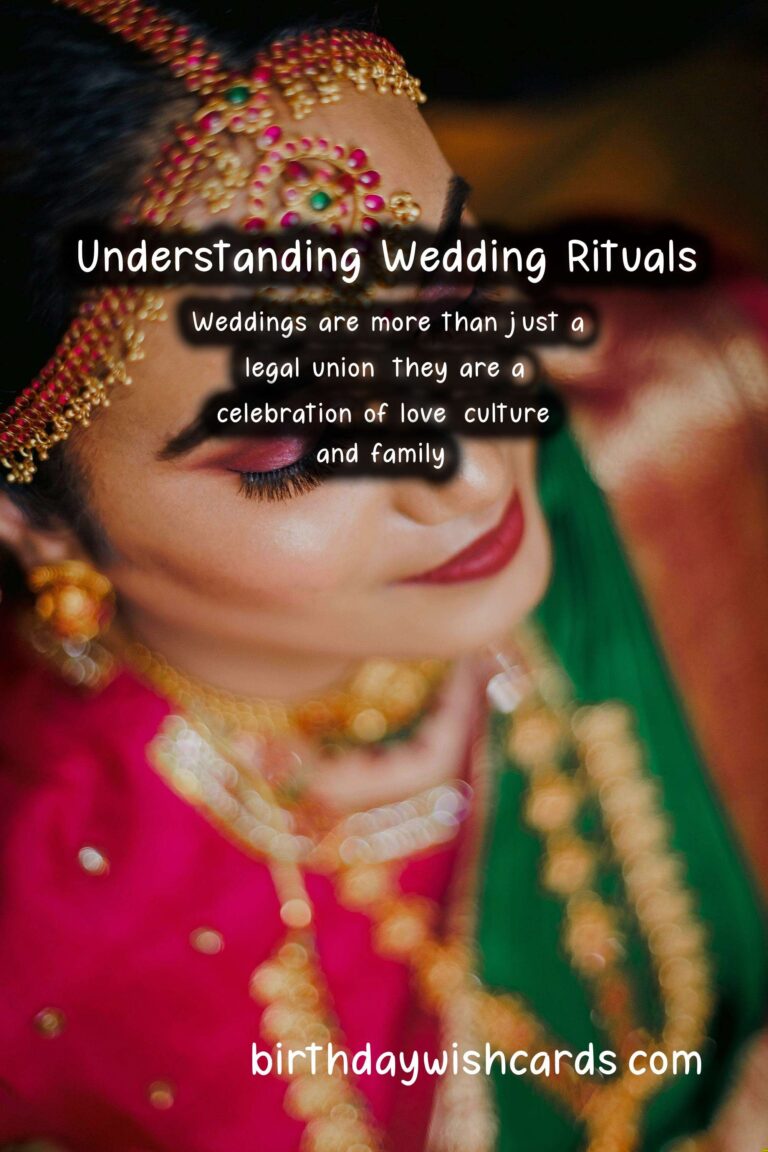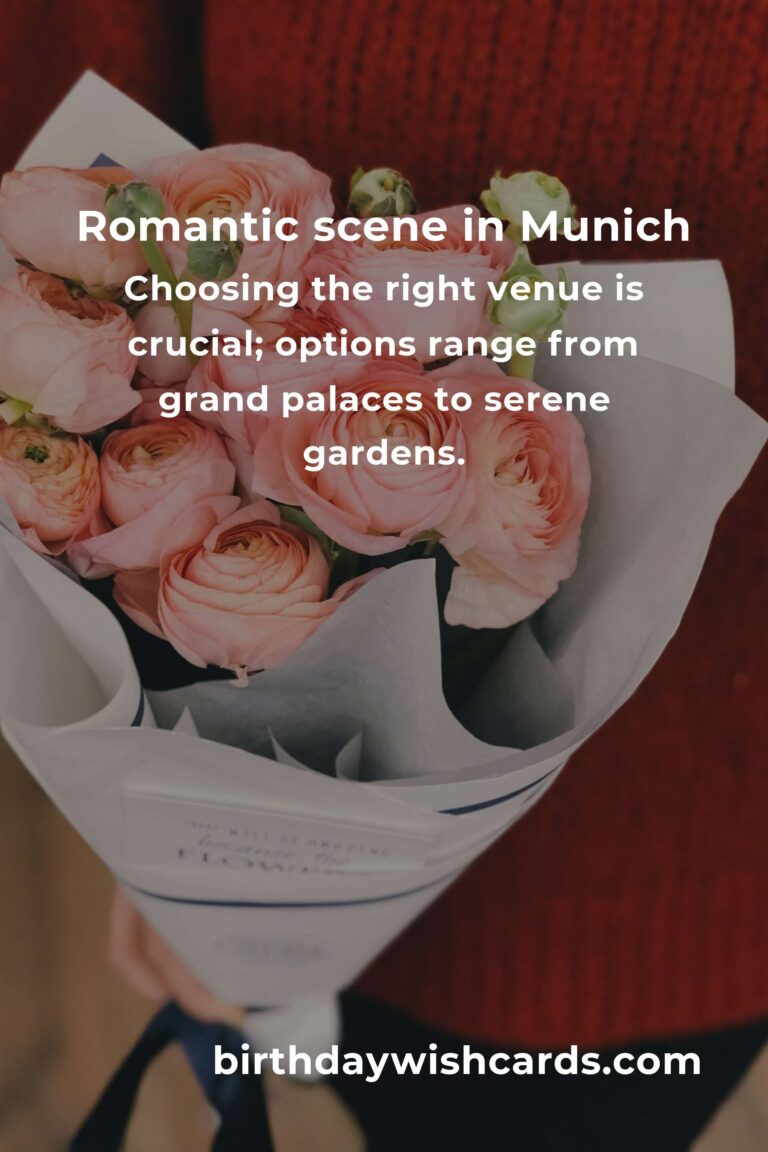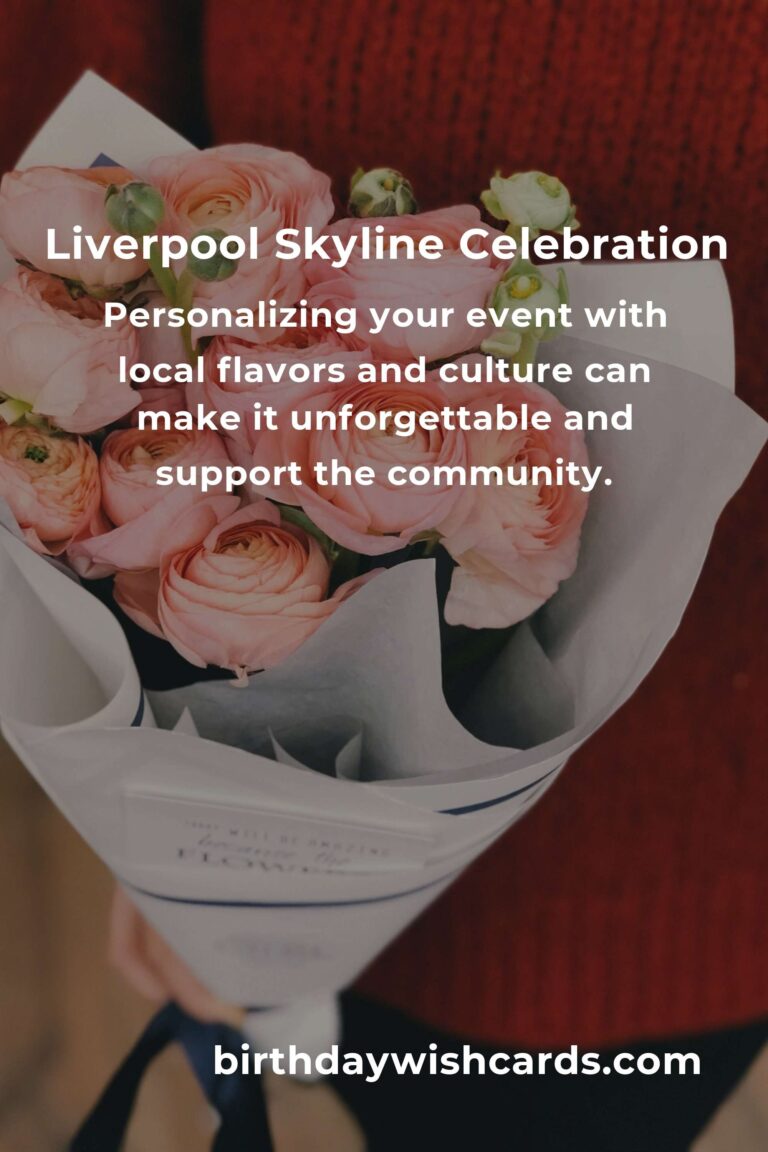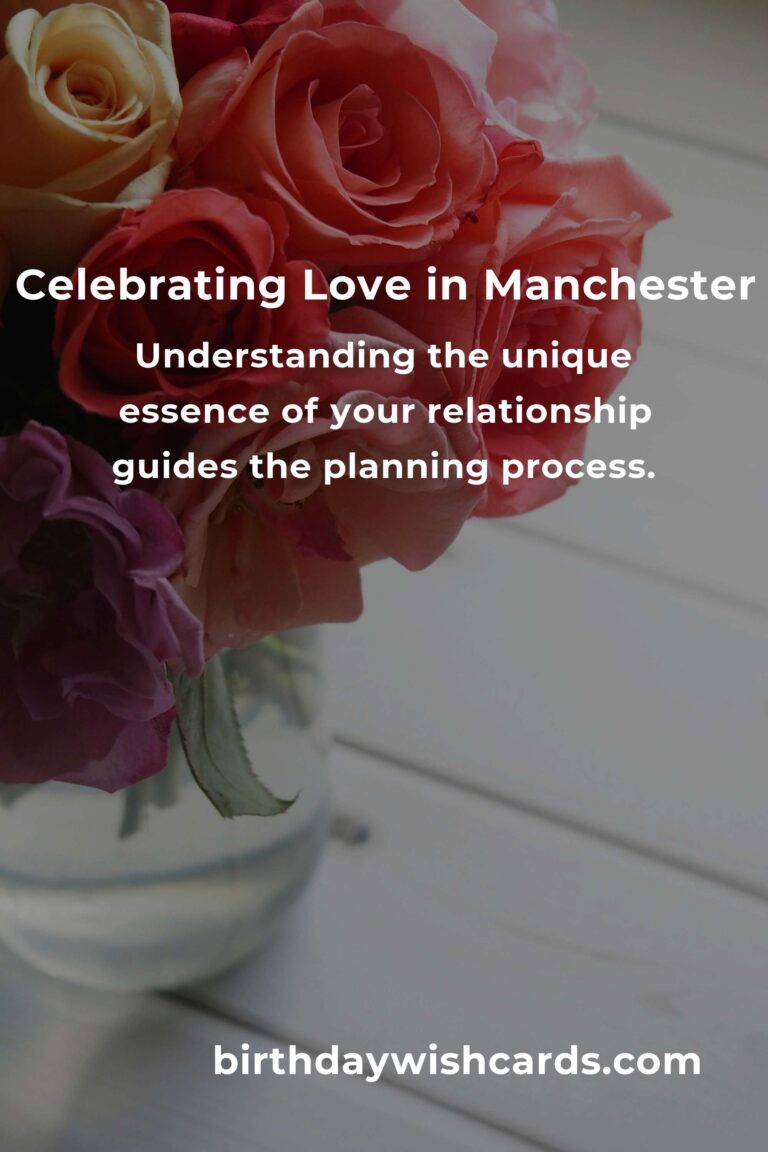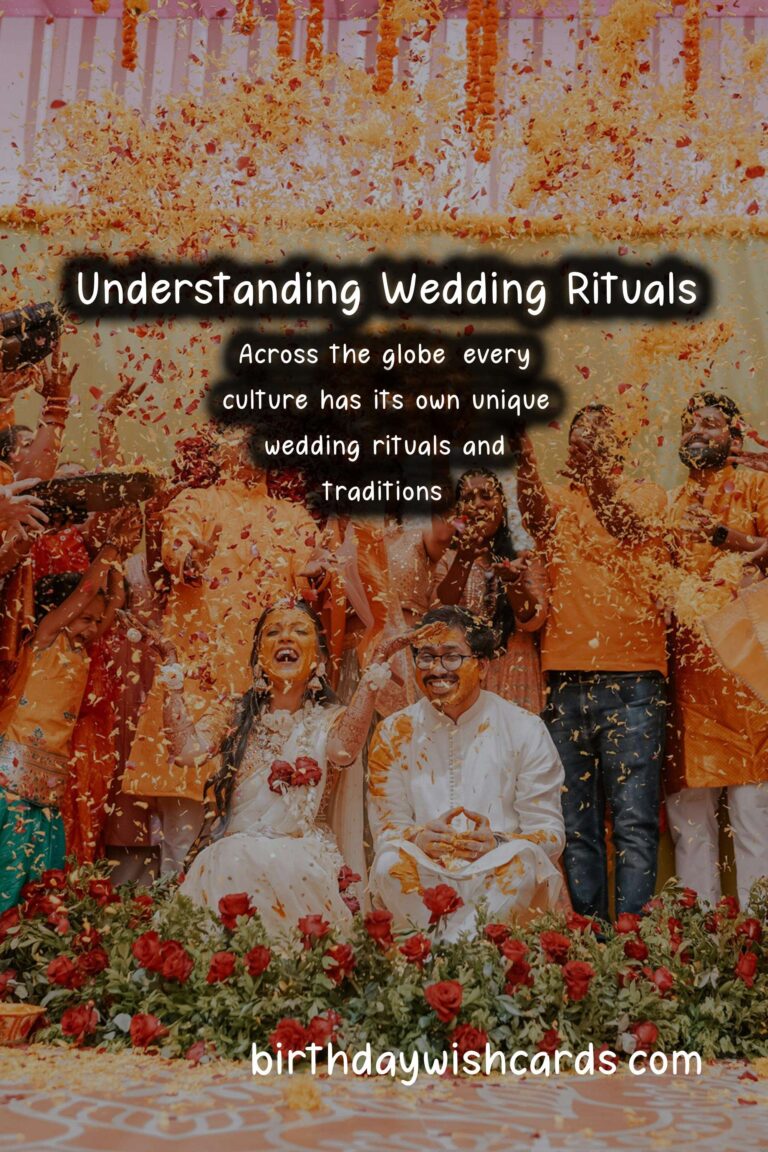
Weddings are more than just a legal union; they are a celebration of love, culture, and family. Across the globe, every culture has its own unique wedding rituals and traditions that add a layer of richness and significance to this momentous occasion. In this article, we will explore the various wedding rituals and traditions from different cultures, helping you understand their meanings and significance.
The Significance of Wedding Traditions
Wedding traditions serve as a way to connect with one’s heritage and honor the beliefs and values of families and communities. They are often steeped in history and symbolize love, commitment, and the joining of two families. Understanding these traditions can help couples create a more meaningful ceremony.
Western Wedding Traditions
The Engagement
Most Western weddings begin with an engagement, a formal promise to marry. This often includes the giving of an engagement ring, traditionally a diamond, which symbolizes commitment and fidelity.
The Wedding Ceremony
The wedding ceremony itself typically includes various elements, such as:
- Processional: The formal entrance of the wedding party.
- Vows: Personal promises made by the couple.
- Exchange of Rings: A symbol of eternal love.
- Pronouncement: The officiant declares the couple married.
The Reception
Post-ceremony, a reception is often held. This is where family and friends gather to celebrate, eat, and dance. Traditions at the reception may include:
- The First Dance: The couple’s first dance as a married couple.
- Cake Cutting: A symbolic sharing of the cake, representing unity.
- Throwing the Bouquet: A tradition in which the bride tosses her bouquet to unmarried guests, signifying good luck in love.
Eastern Wedding Traditions
In many Eastern cultures, weddings are elaborate affairs rich in rituals and ceremonies. Let’s explore a few notable customs:
Indian Weddings
Indian weddings are renowned for their vibrant ceremonies that can last several days. Key rituals include:
- Mehndi Ceremony: The application of henna to the bride’s hands and feet, symbolizing joy and beauty.
- Sehra Bandhi: A headpiece worn by the groom symbolizing protection.
- Varmala: The exchange of garlands between the bride and groom as a sign of acceptance.
Chinese Weddings
Chinese weddings emphasize family and ancestry. Important rituals include:
- Tea Ceremony: A way for the couple to show respect to their families.
- Red Envelopes: Given as gifts representing luck and prosperity.
Middle Eastern Wedding Traditions
Middle Eastern weddings are often characterized by rich traditions and celebrations that can last for several days. Essential elements include:
Arabic Weddings
In Arabic weddings, the Mehr is a mandatory gift from the groom to the bride, symbolizing respect and responsibility. Additionally, the Henna Night is a joyful occasion where the bride is adorned with beautiful henna designs.
Jewish Weddings
Jewish weddings incorporate several unique traditions:
- Ketubah: A marriage contract outlining the groom’s responsibilities.
- Breaking of the Glass: Symbolizing the fragility of relationships and the joy of the community.
Wedding Traditions in Africa
African weddings are diverse, reflecting the continent’s rich cultures. Some common traditions include:
Zulu Weddings
In Zulu culture, the bride price, known as Lobola, is paid by the groom’s family to the bride’s family as a sign of respect and commitment. Traditional attire is also a significant part of the celebration.
Swahili Weddings
Swahili weddings often combine Islamic and local traditions, featuring a ceremony known as the Walima, which is a feast to celebrate the marriage.
Conclusion
Wedding rituals and traditions add depth and meaning to the celebration of love. Whether it’s the exchanging of rings in a Western wedding, the vibrant Mehndi ceremony in Indian culture, or the rich customs of the Middle East, each tradition has its own significance and story. Understanding these customs not only enriches the wedding experience but also connects us to the roots of our shared humanity.
As you prepare for your wedding, consider incorporating some of these traditions to create a ceremony that honors your heritage and celebrates your unique love story.
Weddings are more than just a legal union; they are a celebration of love, culture, and family. Across the globe, every culture has its own unique wedding rituals and traditions. 
